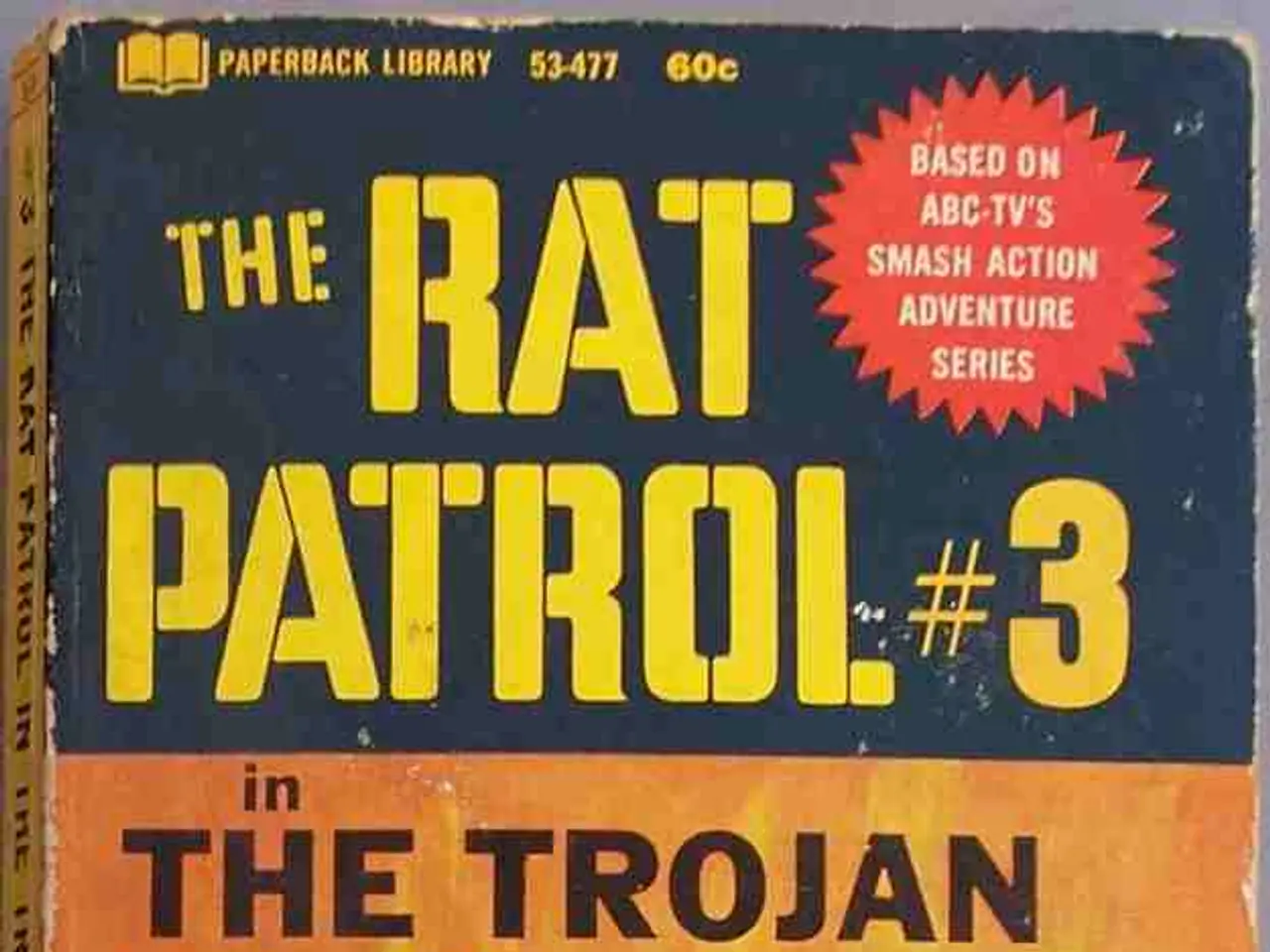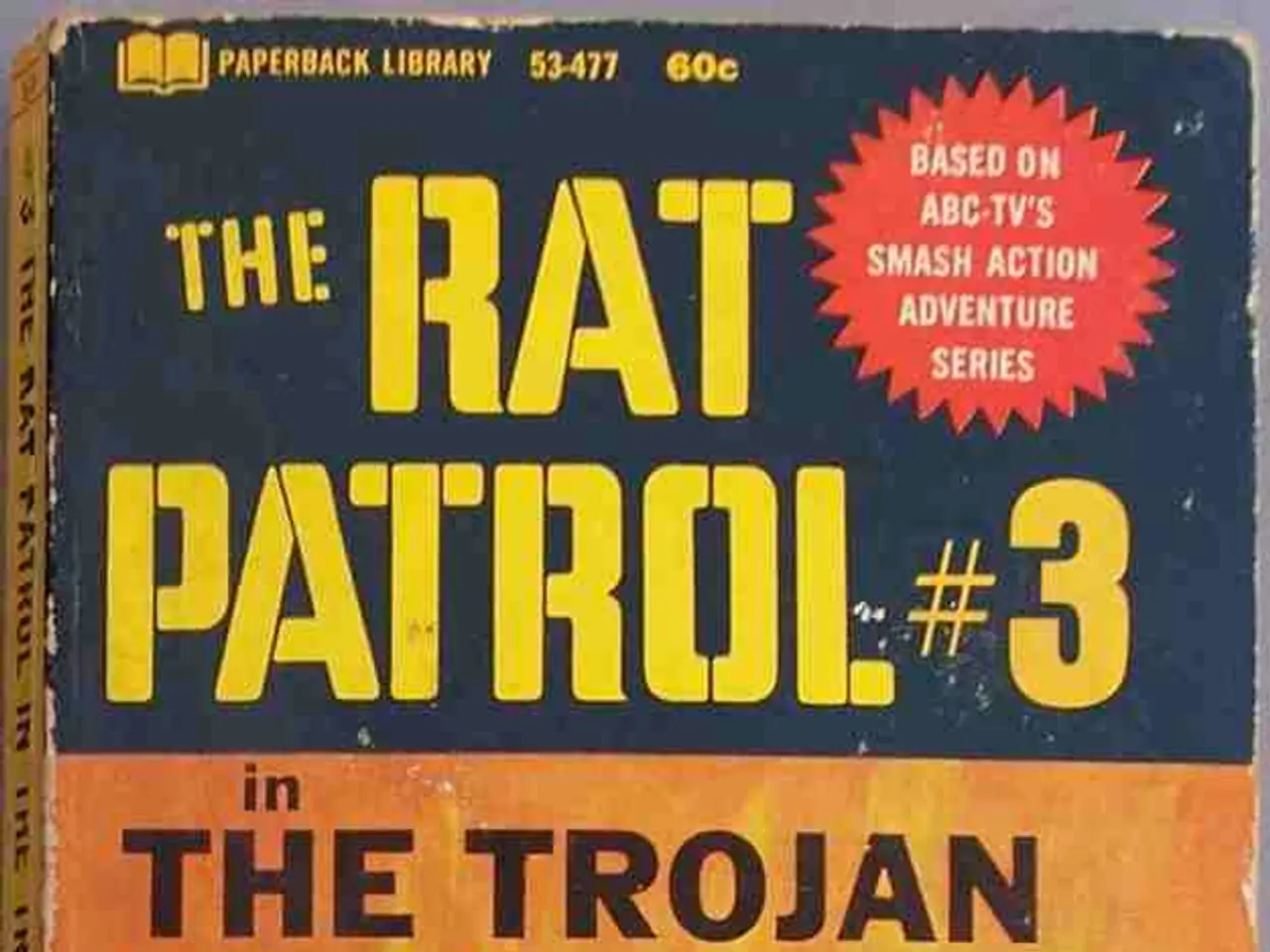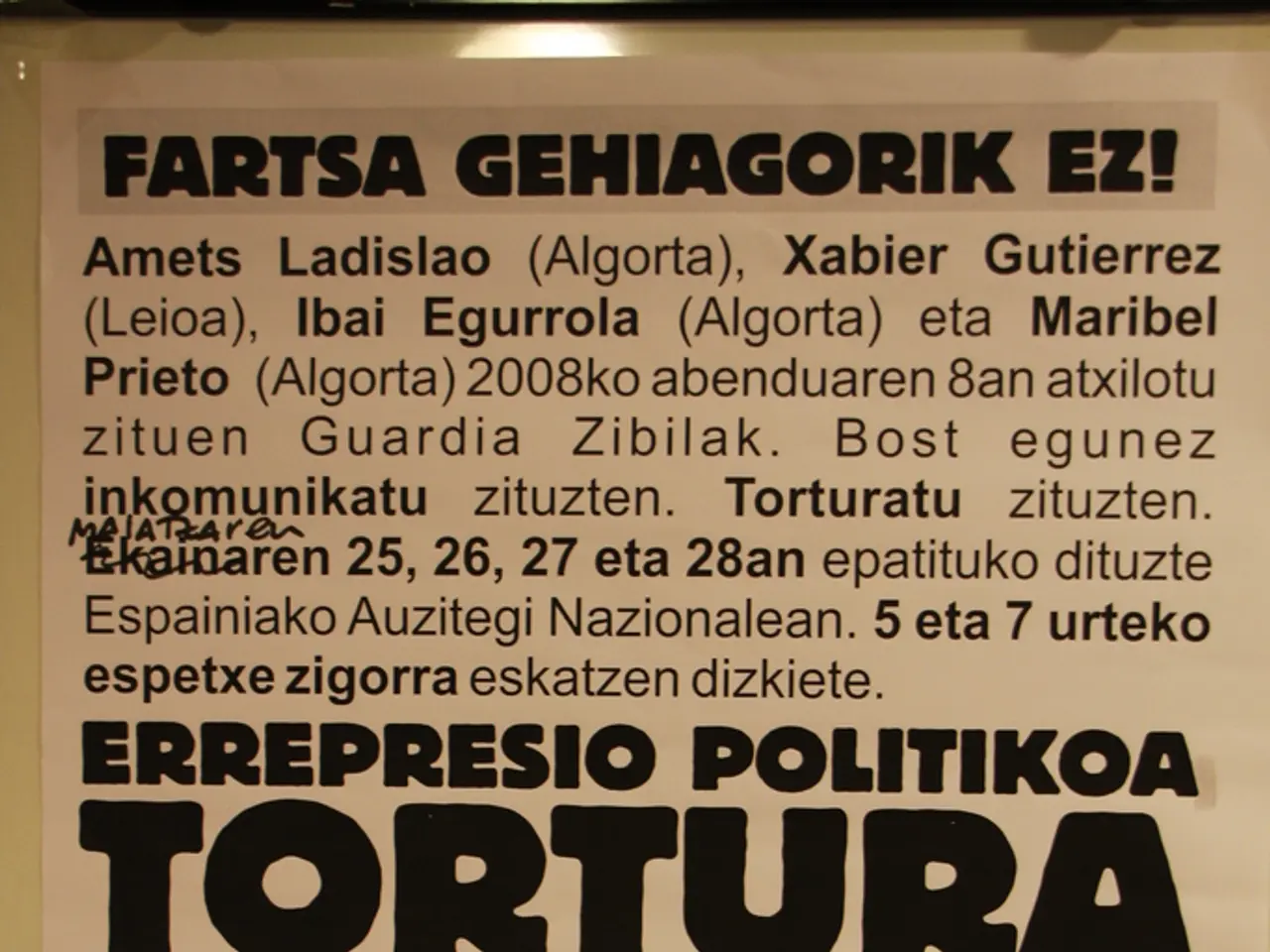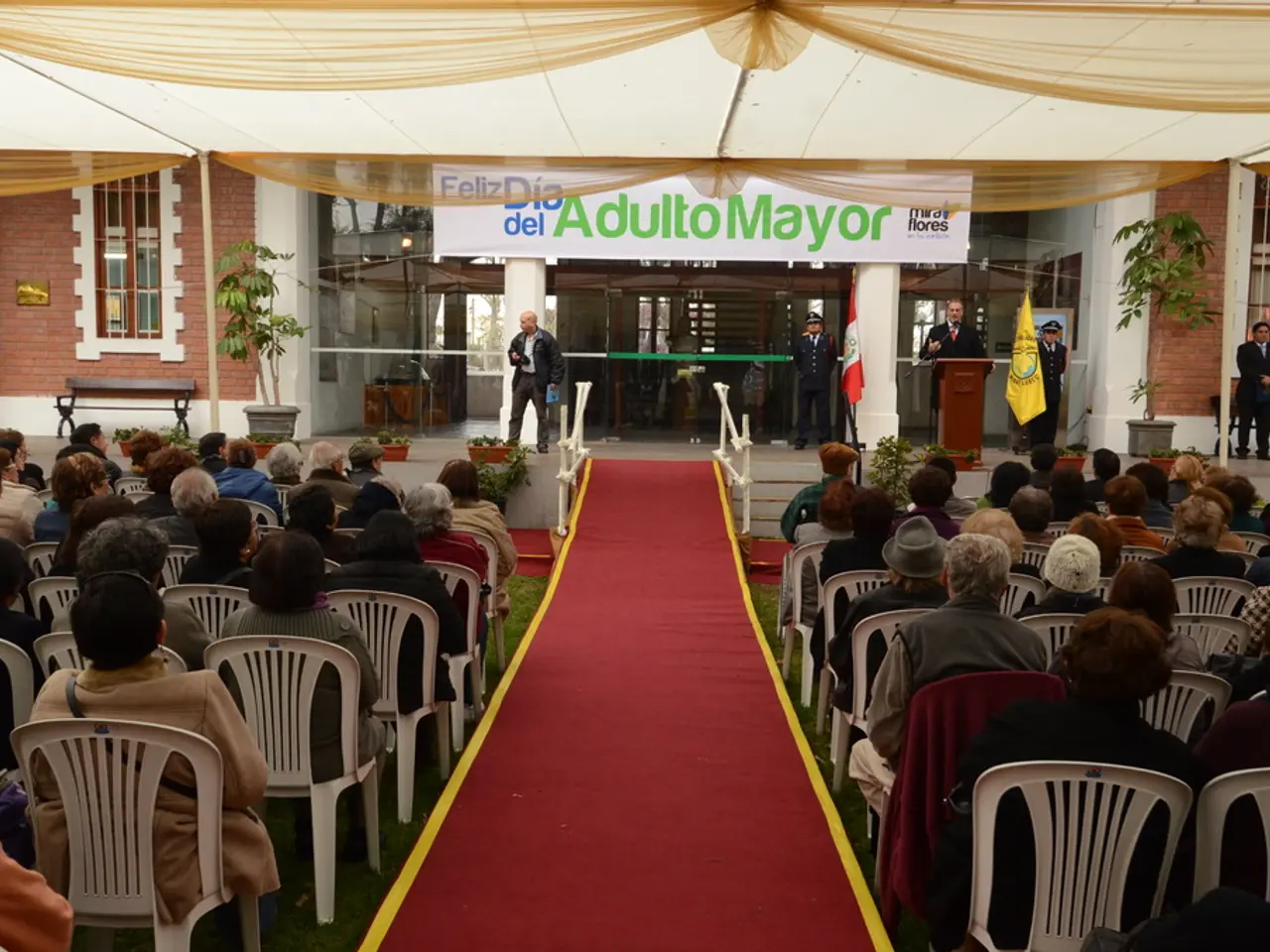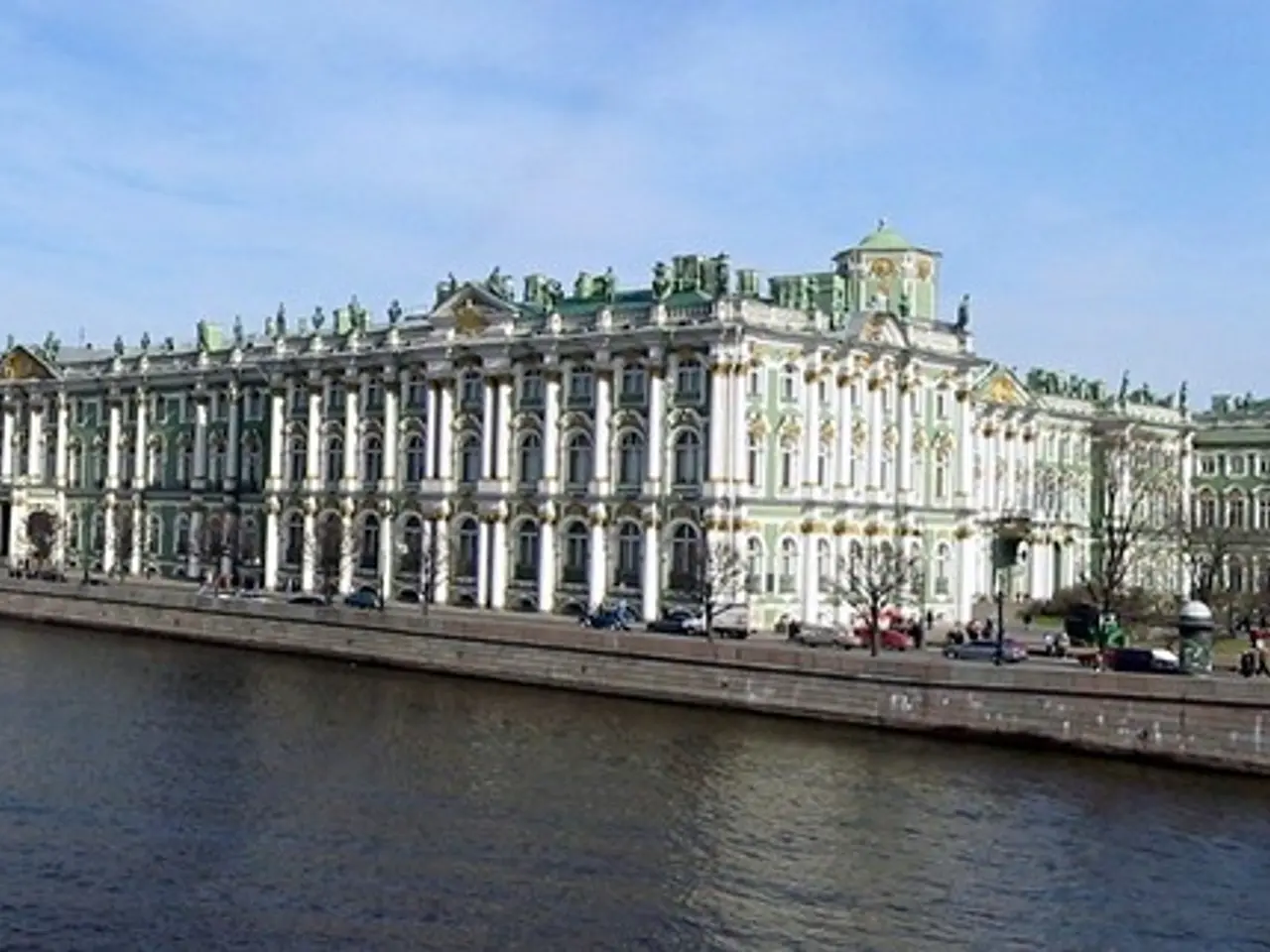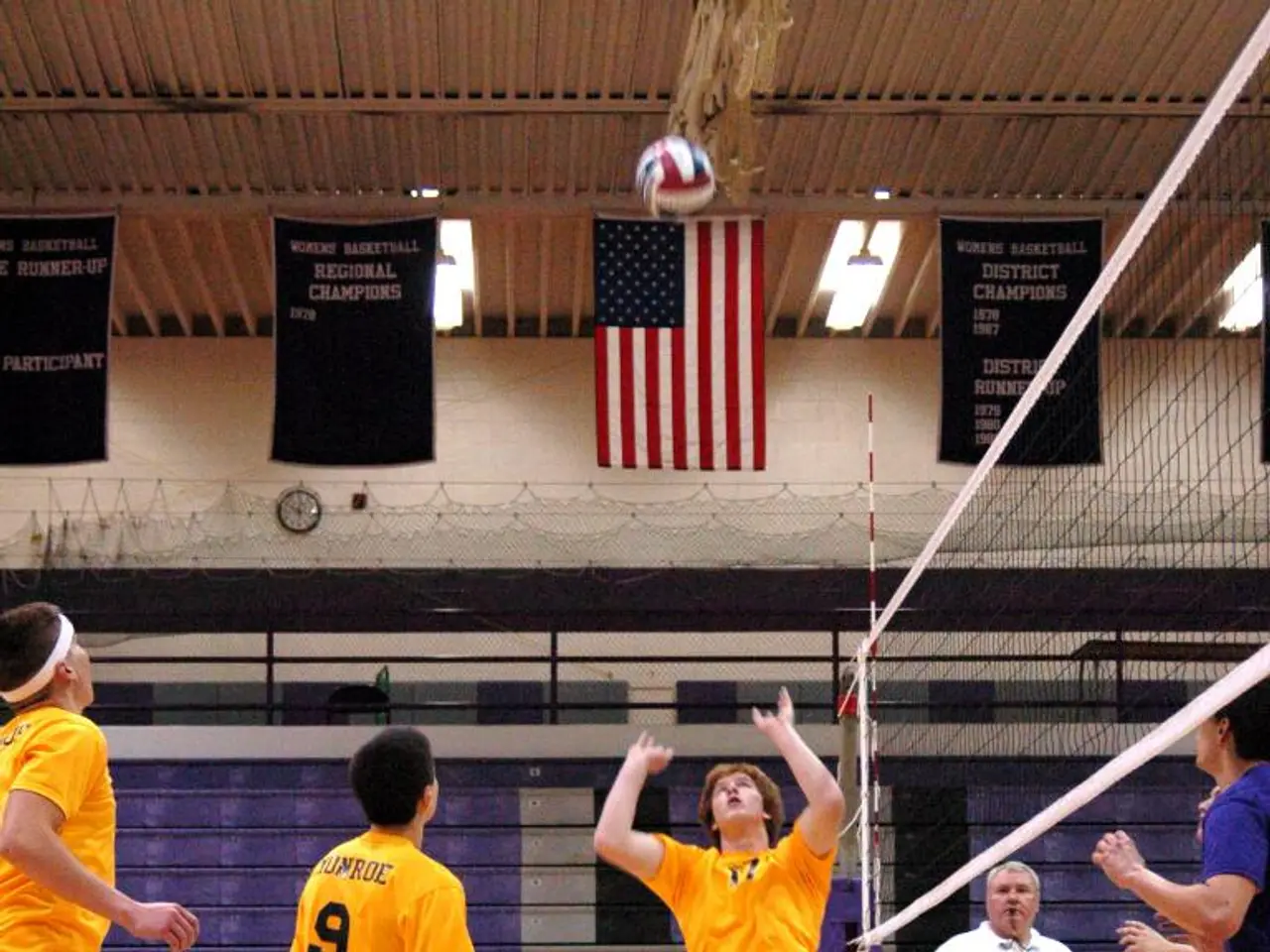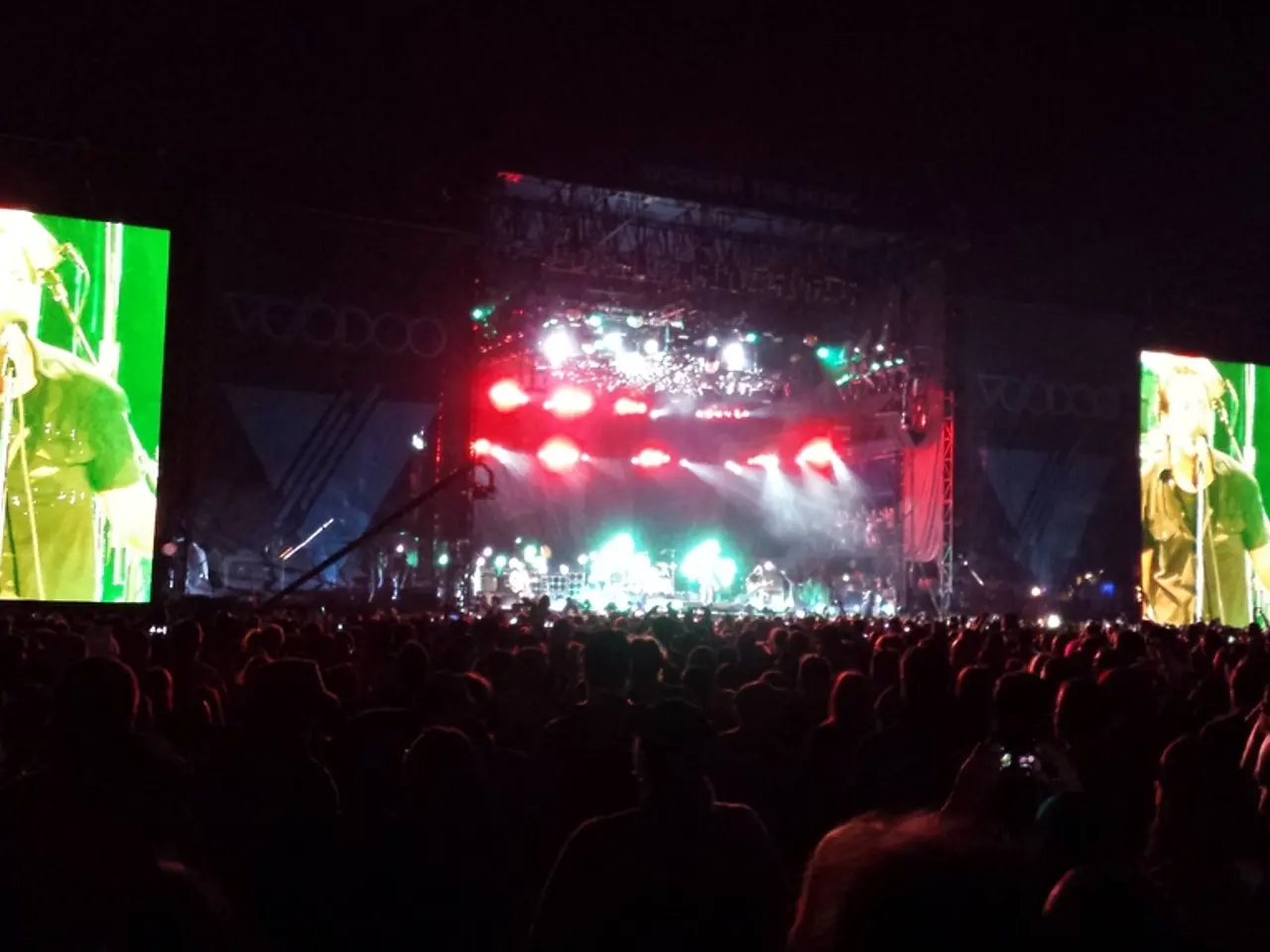Syrian government troops allegedly massacring Druze civilians, as asserted by activists - Syrian government forces allegedly murder civilians belonging to the Druze ethnic group
In the heart of Syria, the predominantly Druze province of Suweida has been engulfed in a spiral of violence, with recent reports of executions of civilians and clashes between Druze militias and Sunni Bedouin tribal fighters.
**Historical Tensions**
The roots of the conflict can be traced back to the broader sectarian and ethnic tensions prevalent in the region. The Druze, a religious minority, have historically faced high levels of tension, particularly with the Sunni Bedouins. The area has been volatile since the Syrian Civil War, with various groups vying for control and influence.
**Current Situation**
On July 15, 2025, reports emerged of Syrian forces carrying out "field executions" of civilians in Suweida. The Syrian Observatory for Human Rights reported that government forces and their allies executed 19 people, including 12 civilians at a guest house in the city of Sweida and three siblings in front of their mother[1][2]. The executions have sparked outrage and led to mass protests.
The violence began after the abduction of a Druze merchant, leading to clashes between Druze and Bedouin fighters, resulting in at least 116 deaths[2][3]. Israel, which has historically considered the Druze a loyal minority, launched strikes against Syrian government forces in defense of the Druze[1][4].
**International Response**
The international community has called for de-escalation and protection of civilians. The United Nations has expressed concern over the situation, emphasizing the need for human rights protection and an investigation into alleged abuses[3]. The UN Human Rights Council has mandated an investigation into human rights abuses related to the killings in Suweida[3].
Israel's strikes have added another layer of complexity to the situation, with Syria condemning the action as a violation of its sovereignty[1][5]. The international community continues to press for a peaceful resolution and protection of civilians amidst these escalating tensions.
**Background**
Since the fall of Assad, there has been increased concern for the rights and security of minorities in the country. In April and May, dozens of people were killed in clashes between supporters of the new Islamist government in Damascus and the Druze[6]. Government troops, including some in civilian clothes, entered the provincial capital of Suwaida on Tuesday morning[7]. An armed group affiliated with Syria's Islamic government killed four more Druze civilians, including a woman, in a guesthouse in the village of Thaala[1].
**Continued Violence**
Violence escalated shortly after government troops entered the provincial capital of Suweida. Members of the Druze ethnic group also live in Israel and on the Golan Heights occupied by Israel. Unlike other Arab Israelis, Druze also serve in the Israeli army. Israel also attacked tanks of the Syrian government forces in the province of Suweida on Monday, citing the protection of Druze and the demilitarization of the area at its border with Syria[8].
The Syrian Ministry of Foreign Affairs blamed "heinous" Israeli attacks for the deaths of several soldiers, security forces, and innocent civilians[9]. In March, more than 1700 people were killed in massacres in predominantly Alawite regions in western Syria[10]. Another pro-government armed group shot dead three adult brothers in front of their mother in the town of al-Bascha[1].
The situation in Suweida reflects broader challenges in Syria, including sectarian violence, government intervention, and international involvement. The international community continues to press for a peaceful resolution and protection of civilians amidst these escalating tensions.
- The European Union, being deeply concerned about the escalating violence in the Druze region of Suweida, Syria, has called for international response and de-escalation, emphasizing its commitment to the fight against war-and-conflicts, politics, general-news, and crime-and-justice.
- The ongoing violence in Suweida, marked by executions of civilians, clashes between Druze and Sunni tribal fighters, and international intervention, serves as a grim reminder of the continuing struggles for ethnic and religious rights, highlighting the need for sustained political attention and action against terrorism.
